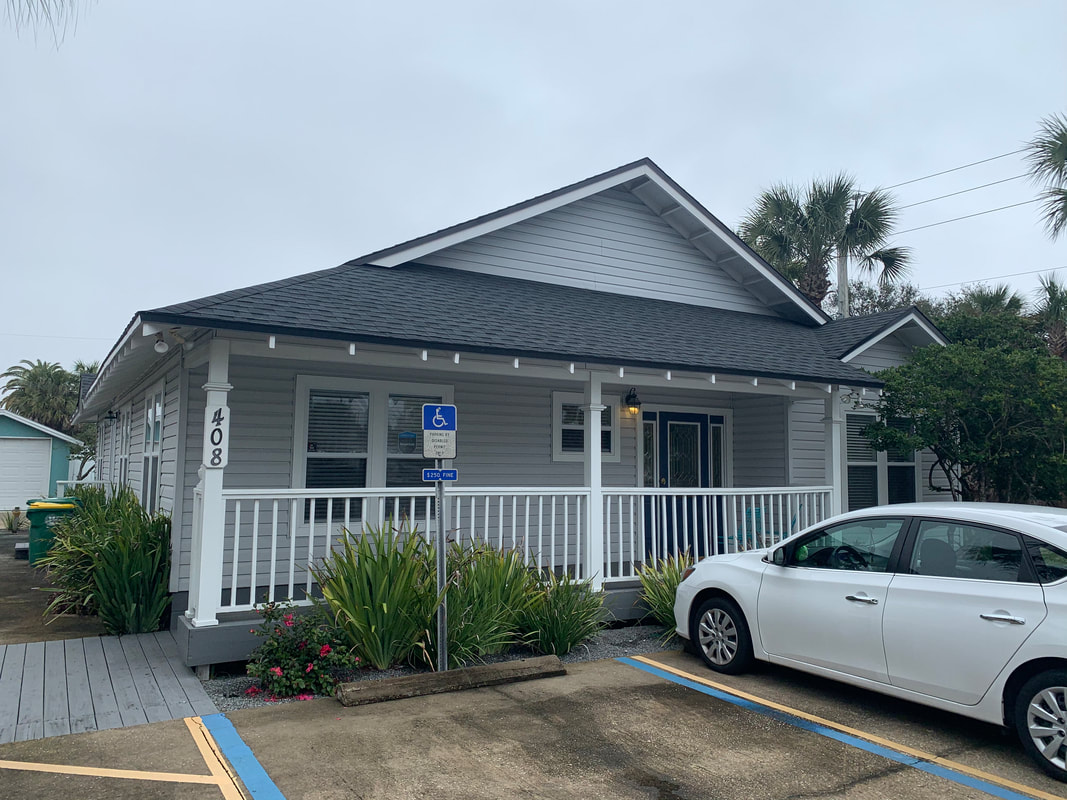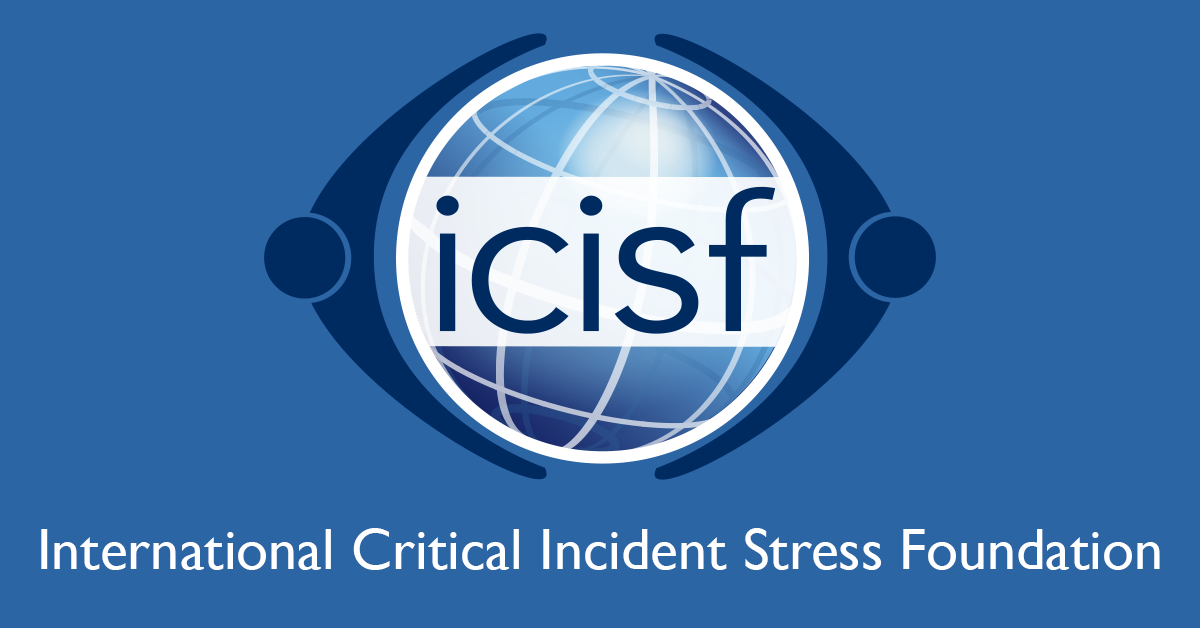|
By Hayne Steen, LMHC
There are no shallow people in the world. Every soul is a deep well. Accessing the soul takes some guidance and eventually some skill to get down into the depths of things. Such a dark and scary place, like the soul, can leave many people far too afraid to explore its depths. Deep calls to deep in the roar of your waterfalls; all your waves and breakers have swept over me. -Psalm 42:7 The Psalmist invites us to taste the terror of meeting God in the longing of his soul. It is not a safe place. There is risk when you enter the waters of your soul. Your soul is like a well. Your skills are like a rope. Not everything is visible from the surface. We all need a rope to help us access the depths of our own well. I love what Parker Palmer has to say about our deeper places… “The deeper our faith, the more doubt we must endure; the deeper our hope, the more prone we are to despair; the deeper our love, the more pain its loss will bring: these are a few of the paradoxes we must hold as human beings. If we refuse to hold them in the hopes of living without doubt, despair, and pain, we also find ourselves living without faith, hope, and love.” If we can not access the depths of our soul, we need to grow the strength and length of our rope. This will involve developing the necessary relationships and skills for accessing and attending to our soul. Growing the Strength Our Rope The strength of our rope depends on the strength of the relational resources we are able to access and cultivate in the context of healthy community. The strength of our rope is directly tied to the strength of healthy emotional connections. 1. We can learn to be vulnerable and take healthy emotional risks with trusted friends, counselors, and/or spiritual directors. One friend shared some wisdom that I have appreciated as it pertains to how we approach expressing vulnerability. “Be generally open with everyone and painfully specific with a few.” As we discover this new found freedom in our own unique healing process, we will begin to discover that not everyone is interested or able to hold the vulnerable things you carry. We don’t need a lot of people to share in painfully specific ways but we do need a few…and a couple of those may need to be trained counselors with specific skills for walking with you in the most vulnerable places of your story. 2. We can allow another person to “hold space” for us by sitting with us in ways that are meaningful and helpful to our soul’s flourishing. “You walk along with them without judgment, sharing their journey to an unknown destination. Yet you’re completely willing to end up wherever they need to go. You give your heart, let go of control, and offer unconditional support.” —Lynn Hauka We all need someone who can hold space for us. A friend of mine and I call these kinds of men “the safe guy network.” Basically its a way of referring broken men to other men who we know can sit with them in whatever they might be going through. It’s the kind of person who does not have a savior complex but is able to boldly sit with us when the shit is hitting the fan. It’s a way of allowing another person to treat us the way were intended to be treated…with dignity, without judgement, with empathy and with compassion. 3. We can risk sitting in a circle with other fellow strugglers and experience the dignity of our not being alone. Time and time again, I hear men share about the power of being together in ways that are so uncommon out in their everyday walking around lives. They say things like;
The power of therapeutic process groups lies in the unique opportunity to receive multiple perspectives, support, encouragement and feedback from other individuals in a safe and confidential environment. These interpersonal interactions can provide group members an opportunity to deepen their level of self- awareness and to learn how they relate to others. 4. We can sit with someone who is hurting and offer them the quiet assurance of our gentle presence. Offering people our gentle presence cultivates a safe place for taking off masks we may be wearing. When we do not run from pain but we can sit steadfastly in it and earnestly listen, we help restore people to their humanity. In turn, we are also given our humanity back. 5. We can maintain a healthy boundary with toxic individuals or groups who hinder our soul’s flourishing. Knowing who you need and who you do not need are equally important as you pivot toward strengthening your skill set for caring for your soul. Toxic people do not honor boundaries, both spoken and unspoken. My brother in law gave me some great advice a couple years ago. “You have to teach people how to treat you.” Those words mirrored what my own therapist shared with me several years ago as I was launching into private practice. “Hayne, no one will honor your time more than you." God’s number one priority is that we love him with all of heart, mind, SOUL and strength. If our soul is a well, then we will want to protect its contents. “Above all else guard the [soul] for it is a wellspring of life.” If there are toxic people who poison your soul, it may be time to explore some healthy boundaries with them. Growing the Length of Our Rope The length of the rope has more to do with the skills we can develop for navigating the depths of our soul. 1. We can learn to name and honor our emotions. The first work man was given in the Genesis narrative was to name all of the wild beasts. What an overwhelming task to name things we had never experienced before! Naming the animals brought about a sense of order into the chaos into which we were first formed. Even today, we continue on in our necessary task of naming all of the wild beasts…in our case, naming and honoring our emotions. Imagine adopting the posture of a generous landlord who oversees your emotional life. There are 8 tenants who live within us called core emotions; anger, fear, sadness, loneliness, hurt, guilt, shame and gladness. When they knock on our door, and they will, we can learn the skill of treating them with hospitality. Were we to run them off and refuse to listen, they will most likely mistreat the dwelling, leaving it trashed. Eventually we will have to deal with them because of the mess they make due to neglect. If we will offer these 8 tenants genuine hospitality, then when they knock we can invite them in for a cup of coffee. Generally out feelings are coming as messengers. When we honor their commitment to us, we can discern better how to live well. When we honor our emotions and offer them room to be heard, they will develop a sense of ownership and treat the dwelling with greater sense of care. 2. We can give ourselves permission to rest. Productivity and outcomes often can drive us into break neck unsustainable rhythms that inevitably lead us into significant break down. Sabbath rest is a critical ingredient for rehabilitating our tendency to remain stuck as a human doing. Taking a holy pause invites us back into the fullness of being human. Taking our hands off the plow opens us up to the opportunity for play, adventure, savoring, lingering and listening. Extended times of retreat offer us the ability to lower our rope into places of our soul that we’ve been neglecting. 3. We can learn how to work through disappointments and disillusionments. (hat tip to Stephen W. Smith) Expectations are a prescription for resentment. Many people carry resentment around and it leaks all over everything like melted chocolate in a hot mini van. The root is some form of hurt which takes courage to admit and even more to address. Unless we work through our disappointment and disillusionments, we will inevitably smear them all over the other contents of our life. 4. We can seek out avenues for processing trauma, grief and loss. One of the most common features among people who seek out counseling is unattended heartache. It comes in all shapes and sizes. Everyday we log hundreds of losses. Over a lifetime, we will experience thousands of micro-losses. All of those can add up to something in the form of trauma. Sometimes we experience the most hellish forms of trauma. Our bodies hold onto the information gathered in these traumatic events. Without a way to be reprocessed, they will haunt us for a lifetime anytime we are in a situation that sounds like, smells like, looks like, feels like any nuanced part of the traumatic event. When seeking out a counselor to walk with you in trauma, find someone who is qualified and trained specifically to enter into trauma in the most gentle and ethical manner. 5. We can learn to breathe and regulate our heart rate. “Then the LORD God formed a man from the dust of the ground and breathed into his nostrils the breath of life, and the man became a living being.” —Genesis 2:7 On a retreat recently, one of our facilitators was teaching a few of us how to breathe. She shared that, “Most people don’t actually breathe, they pant.” For the next couple hours she worked with a friend of mine and re-taught him how to breathe. Our breathing is essential to the rest of our body. If we are panting then our heart rates are up. If our heart rates are up even just 10% above our normal resting heart rate, then we will not be able to thoughtfully enter into the work of soul care. Our brain literally can not make that leap. Breathing opens us up to slowing down, paying attention, letting go of tension and opening ourselves up to a more soulful experience of ourselves, others and God…and we become a living being…AGAIN.
0 Comments
Leave a Reply. |
ELBOW TREEArchives
July 2023
Categories
All
|


 RSS Feed
RSS Feed














